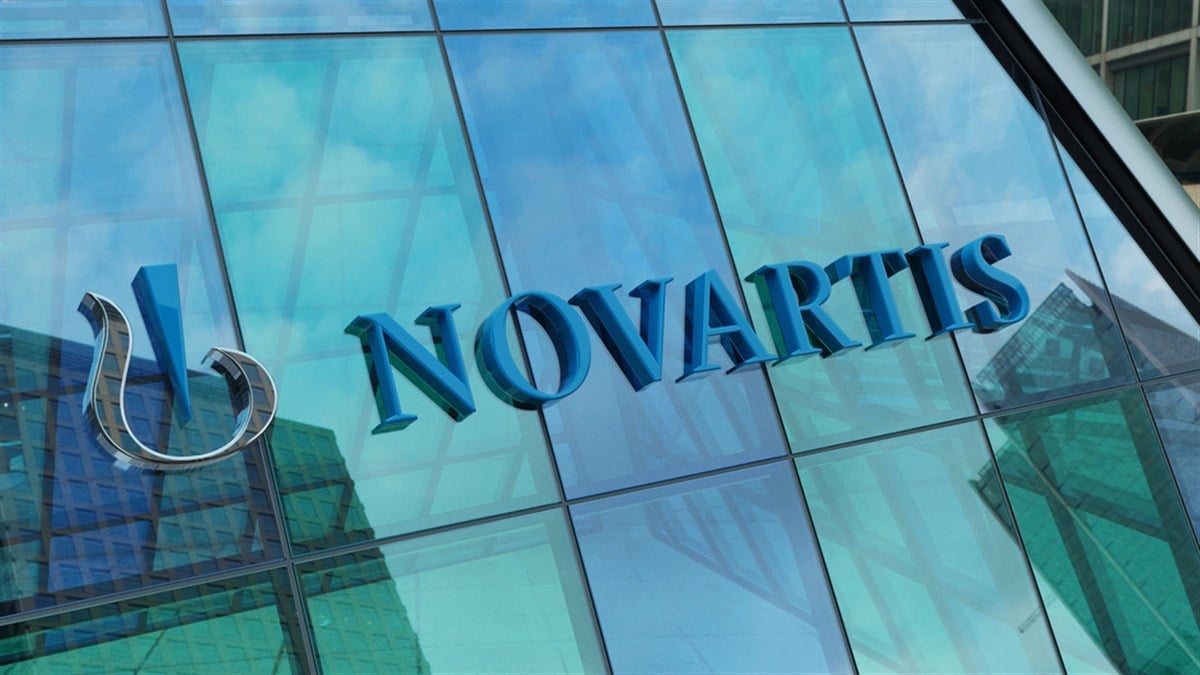
Novartis (NYSE:NVS) is the seventh largest pharmaceutical company in the world, and is based in Switzerland. The firm reported Q2 2024 financial results on Jul. 18, 2024. The company is performing in line with the healthcare sector so far in 2024. The sector, represented by the Health Care Select Sector SPDR Fund (NYSEARCA:XLV) is up 8.7%% this year, while Novartis is up 8.8%.
Let’s take a deep dive into the operations of Novartis and relevant news to better understand the business. We will then review the company’s earnings release. We’ll close by looking at the market reaction and what Wall Street analysts are expecting going forward.
Novartis: Revenue Breakdown and Leading Therapeutic Areas
Novartis breaks down its operating revenue by “promoted brands” and “established brands”. Promoted brands are newer drugs that are being aggressively marketed. They intend to capitalize on the latest innovations in pharmaceutical research to address an underserved market or gain market share from less sophisticated treatments. They typically still enjoy patent protection and do not face competition from generic alternatives. Established brands are older drugs that are not being marketed and face competition from generics.
In 2023, 70% of revenue came from promoted brands, and 30% from established brands. Within promoted brands, the company divided revenue into four broad therapeutic areas: Cardiovascular, renal & metabolic, Immunology, Neuroscience, and Oncology.
Oncology, the branch of medicine dedicated to cancer, made up 43% of promoted brand revenue in 2023. The company also provides revenue data on its top 20 branded drugs, which made up 77% of revenue. The largest contributors were Enstresto and Cosentyx, accounting for 13% and 11% of revenue respectively. The fastest growing drug was Pluvicto, whose revenue grew 261% in constant currency from the previous year.
Novartis' Strategic Moves and Focus on Innovative Medicines
A notable strategic move by Novartis in 2023 was the spin-off of Sandoz. Sandoz is a producer of generics and biosimilars. This spin-off enables Novartis to focus on being what it calls a “pure-play innovative medicines business”. Focusing on innovation raises growth potential. But, it also makes success of new drugs more important as the firm has less support from sales in established markets.
Novartis is currently acquiring MorphoSys for $2.9 billion. This is primarily to gain the rights to pelabresib, a treatment for a rare form of blood cancer. Novartis attempted to acquire the rights to the drug without a total takeover of the company but was unsuccessful. One reason Novartis could engage in such a large transaction for one drug is its excellent credit rating. Fitch gave the firm’s unsecured debt a rating of AA-, citing the firm’s “leading position in the innovative pharmaceutical sector”.
Novartis Beats Earnings Expectations
Novartis reported adjusted earnings per share (EPS) of $1.97, 11 cents higher than analysts’ forecasts, up 18% from the previous year. Revenues also exceeded expectations by $190 million, coming in at $12.51 billion, up 11% from the previous year.Operating margin jumped 270 basis points to 39.6%.
Additionally, the firm moderately increased its full-year operating income guidance, changing these growth expectations from “low double digits to mid-teens” to “mid to high teens.” The company did not change its revenue guidance. The firm saw solid growth from its two biggest money-making drugs, Entresto and Cosentyx. Revenue grew 28% and 22%, respectively.
Why Did Shares Fall Despite Encouraging Financial Metrics?
Despite all this positive news, shares of Novartis fell substantially on the day of its release. This reaction is confusing, but there are some possible culprits.
In the company’s earnings call, CFO Harry Kirsch threw cold water on the idea that the company would submit a marketing application to the FDA for pelabresib, remarking "it's too early to say." He added that the firm would need to see more longer-term data. The firm previously stated the application would happen this year. It's likely this is a big contributor to the fall in stock price.
The company just paid $2.9 billion to acquire the drug. News that raises uncertainty that this huge investment will pay off is a big negative. It also makes investors worry about overall management competence when it comes to acquisitions. Also, sales of Pluvicto missed expectations. Kirsch stated the drug's growth hasn’t been as “dynamic as maybe some would’ve expected".
The average analyst price target sits at $118.13, implying an upside of 10%.
